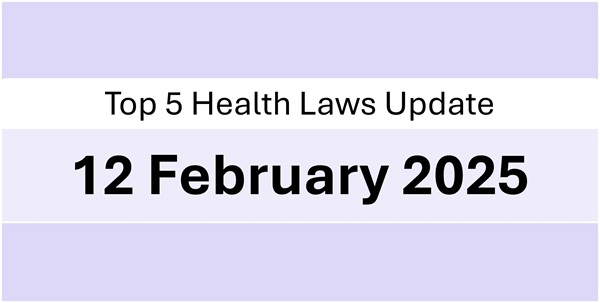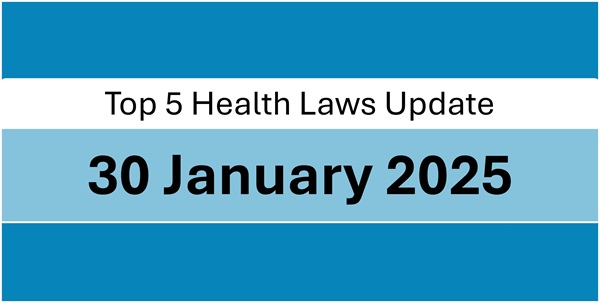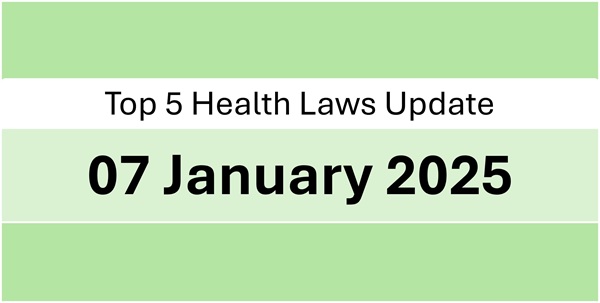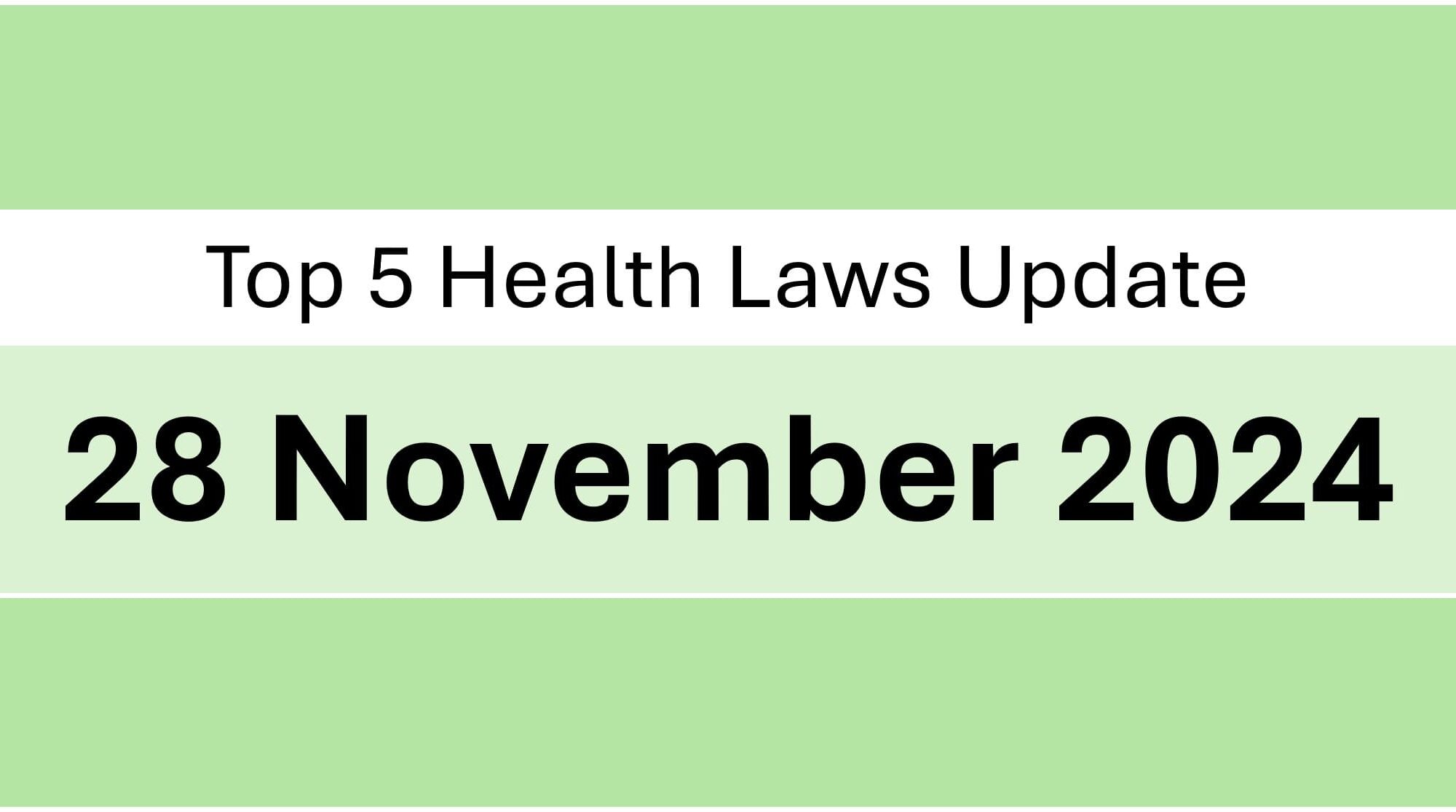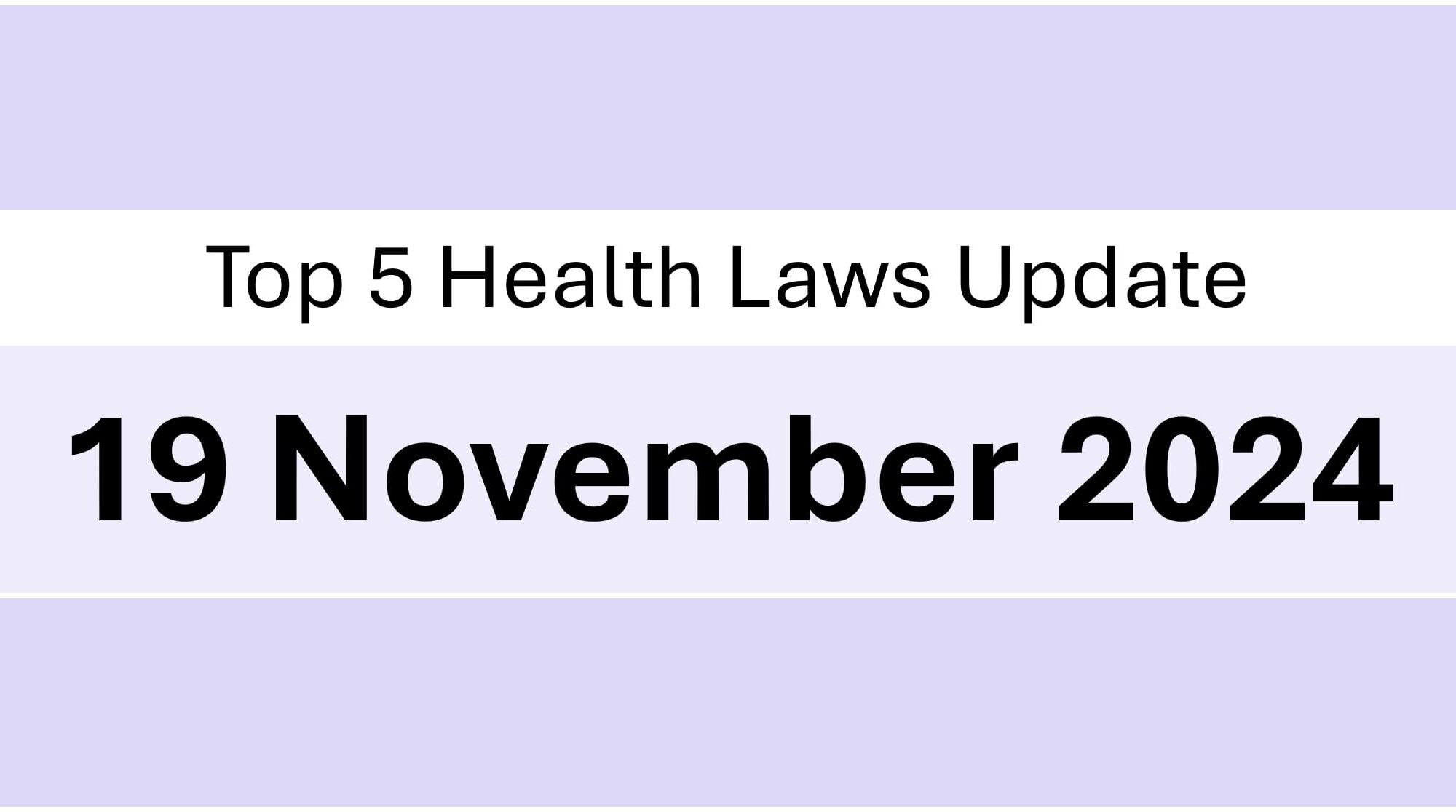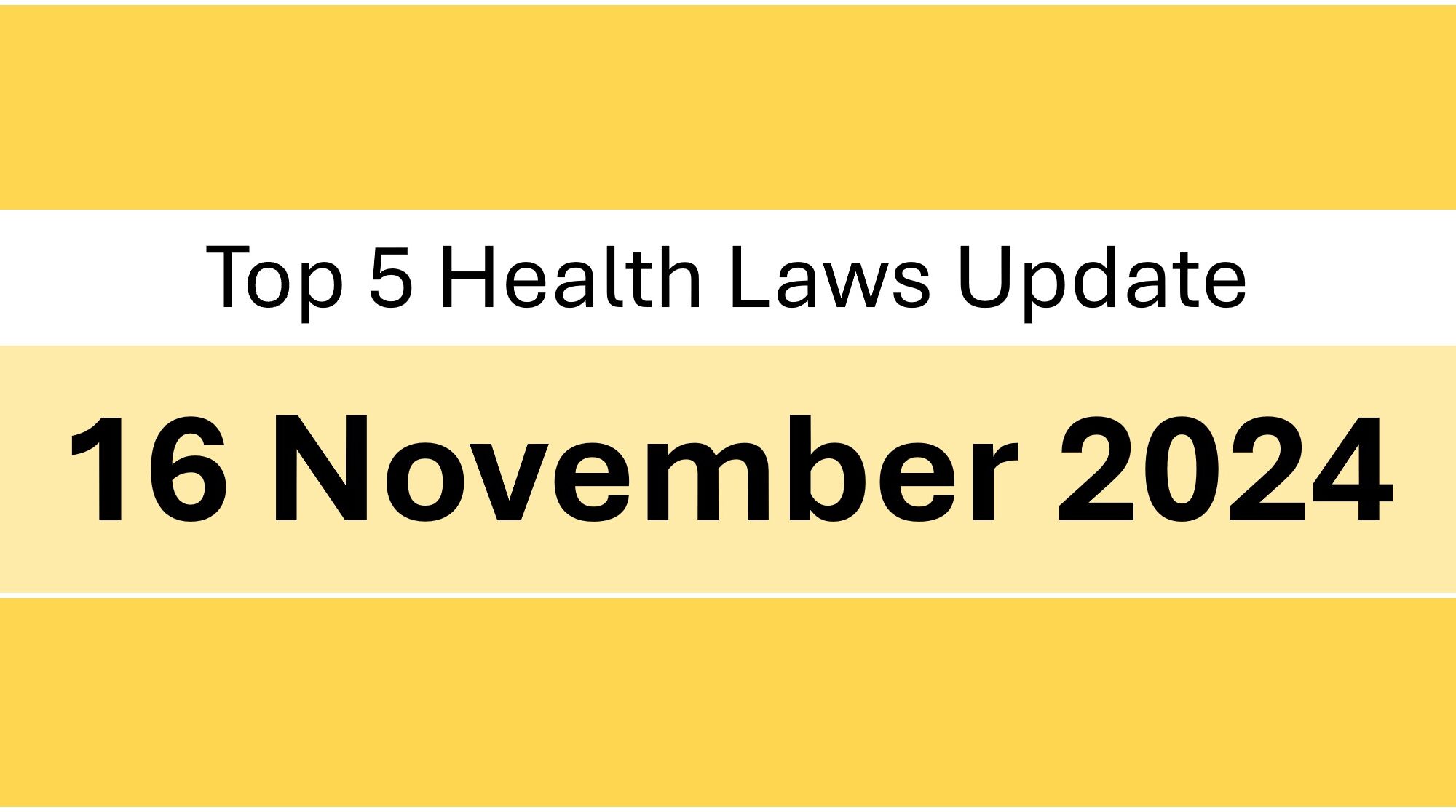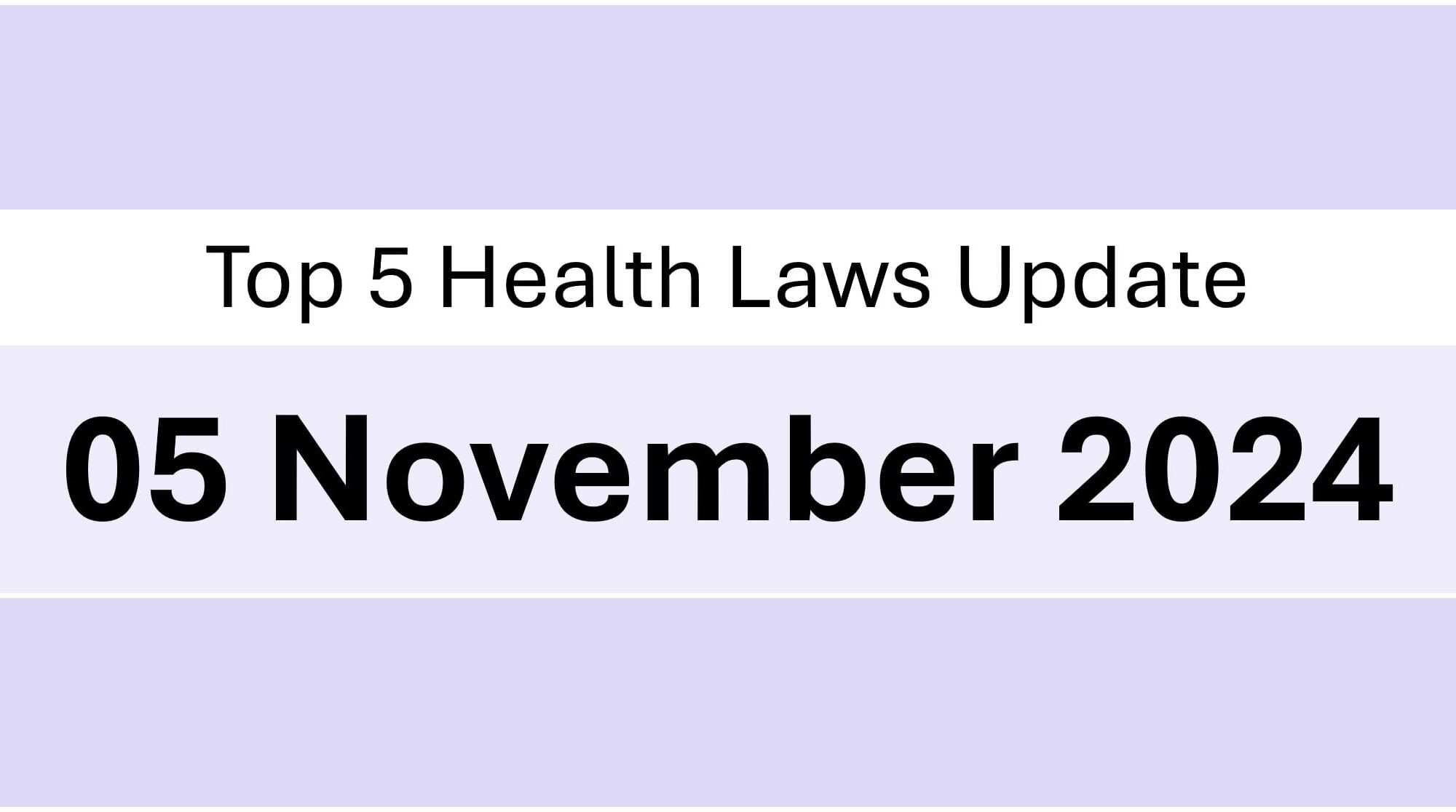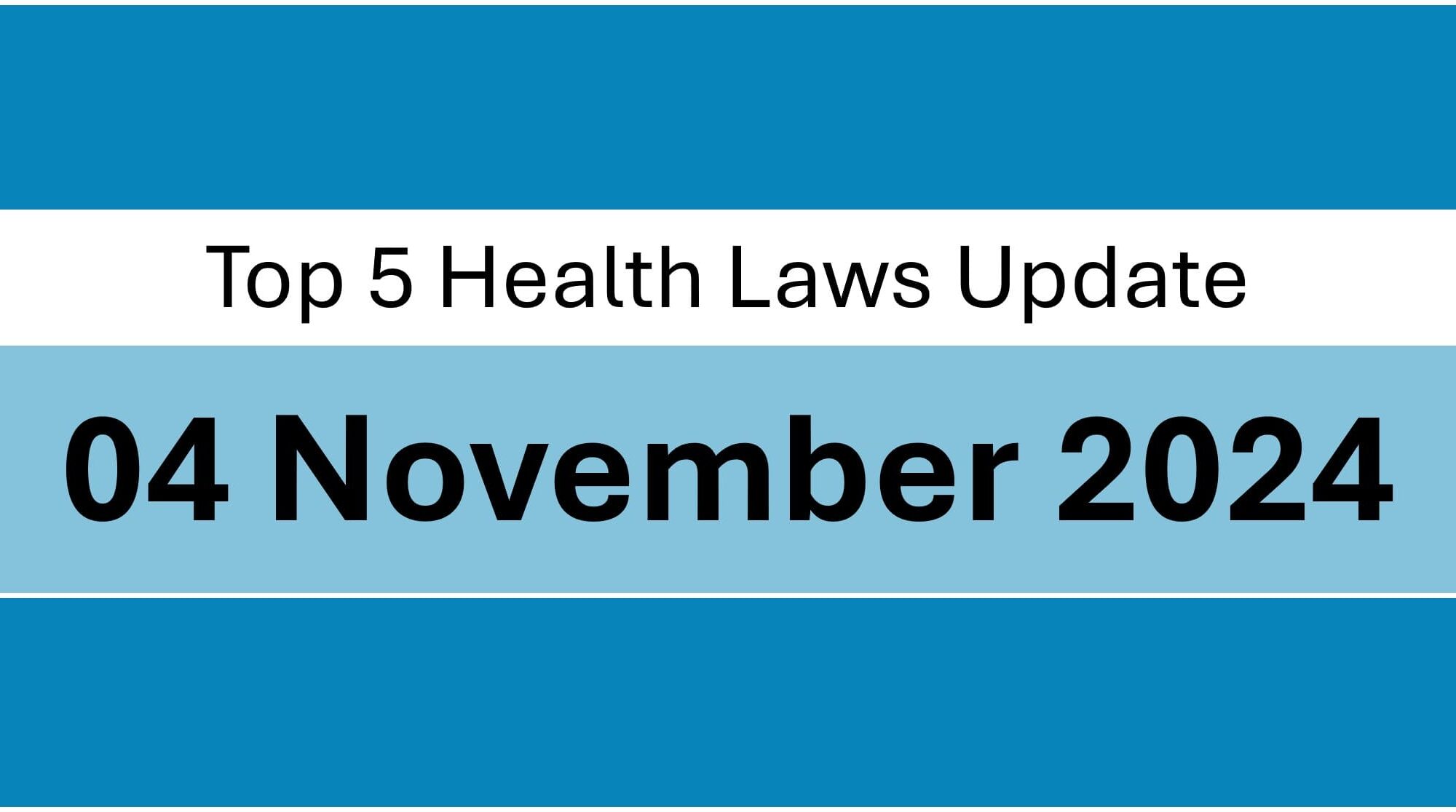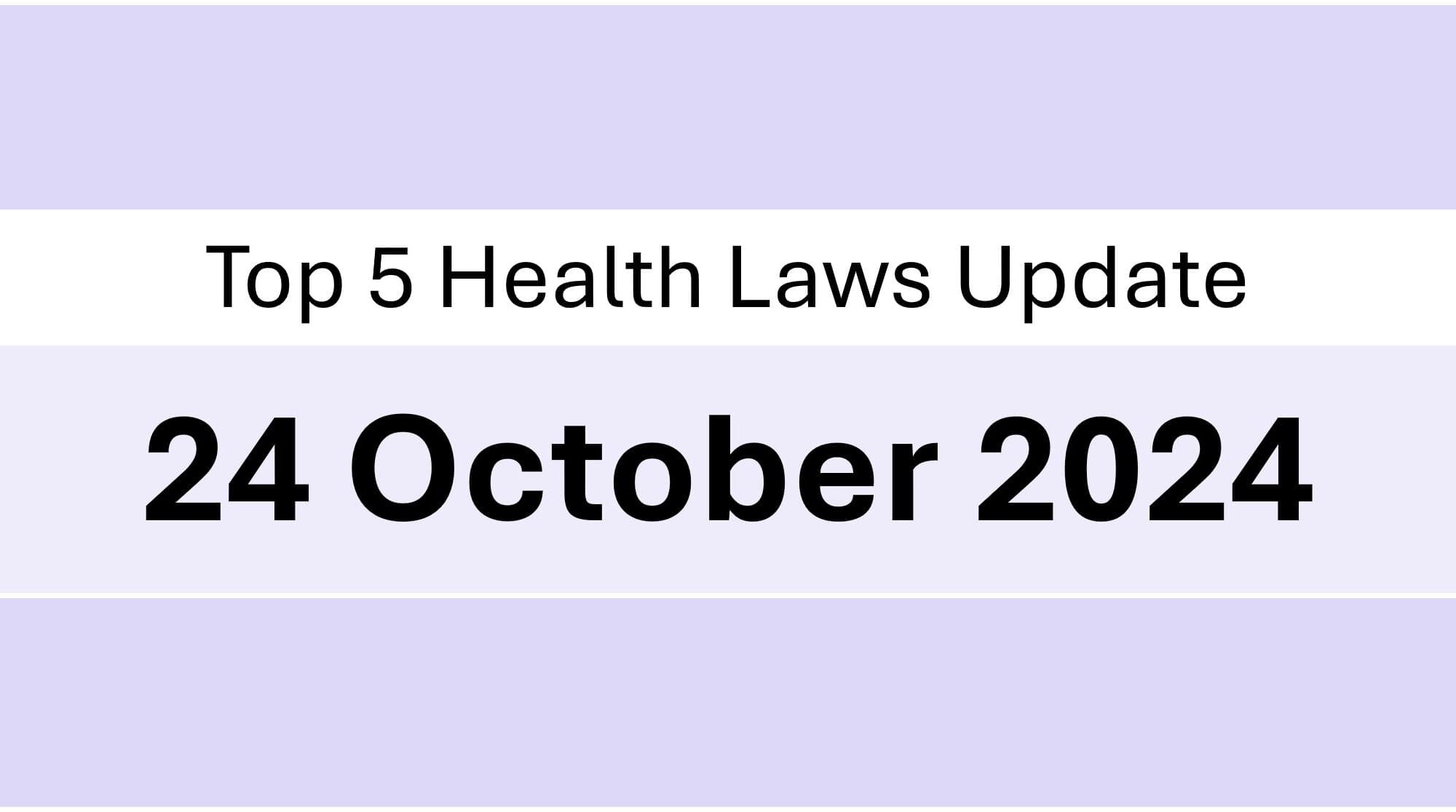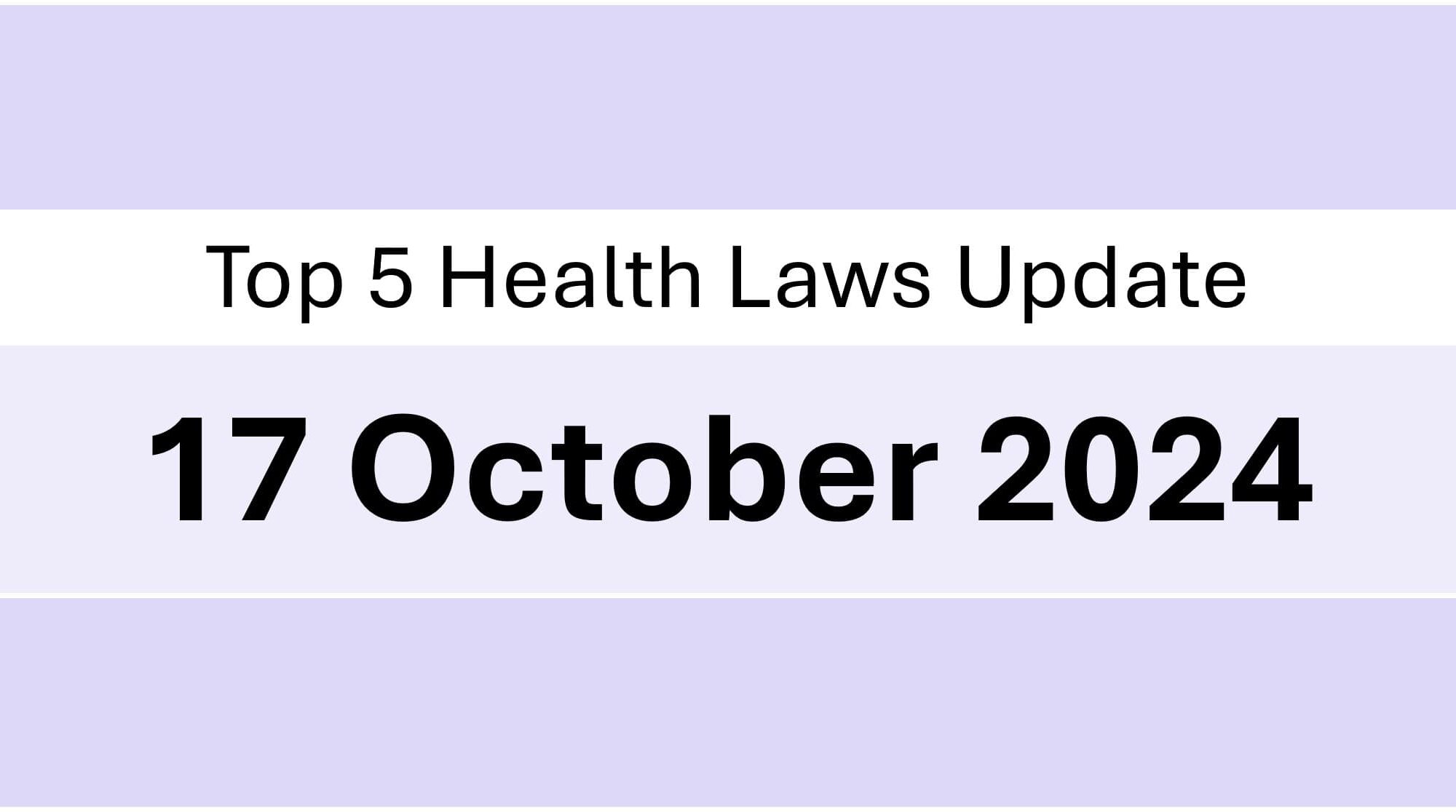Dear Readers, we are happy to share the most interesting legal and policy updates concerning health industry that we read today. we hope you enjoy reading it.
1. India’s Ministry of Health and Family Welfare (MoH&FW) has released the Drugs Amendment Rules, 2025, extending the deadline for implementing revised Good Manufacturing Practices (GMP) under Schedule M for small and medium drug manufacturers until December 31, 2025. Manufacturers are required to submit an application to the Central Licensing Authority for seeking the extension within three months of the notification.
Source: bit.ly/4gCo0U8
2. The Supreme Court has virtually summoned the Chief Secretaries of Andhra Pradesh, Delhi, and Jammu & Kashmir to explain their failure to act on misleading medical advertisements. The Court found these states non-compliant with previous orders on enforcing Rule 170 of the Drugs Rules, which prohibits advertisements of Ayurvedic, Siddha, or Unani drugs without licensing authorities’ approval.
Source: bit.ly/42Sm6vn
3. India’s National Medical Commission (NMC) has clarified that the Telemedicine Practice Guidelines 2020 do not allow Registered Medical Practitioners (RMPs) to remotely authenticate pathology and radiology lab reports without physical presence and supervision. This follows an RTI application which sought clarification on the use of cloud-based technologies like Telepathology and Teleradiology for signing and authenticating lab reports.
Source: bit.ly/40VinKX
4. India’s Ayushman Bharat Digital Mission (ABDM) has made significant strides, with millions of Ayushman Bharat Health Accounts (ABHA) created and a large number of health records linked to ABHA. This is part of the mission’s effort to build an interoperable digital health ecosystem. Thousands of health facilities have registered on the Health Facility Registry (HFR), and many healthcare professionals are now listed on the Healthcare Professional Registry (HPR). The mission also focuses on supporting rural areas through technology interventions like telemedicine, enhancing access to healthcare services.
Source: bit.ly/41ektXT
5. The European Medicines Agency (EMA) has introduced a standard procedure for manufacturers of certain high-risk medical devices to receive scientific advice on their intended clinical development strategy and proposals for clinical investigations. This initiative aims to enhance safety and performance by offering expert guidance on regulatory requirements before devices are submitted for approval. The move is designed to foster innovation while ensuring that devices meet rigorous standards.
Source: bit.ly/4jWxfRZ

